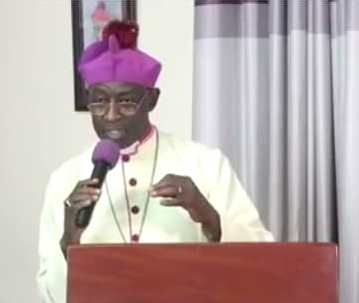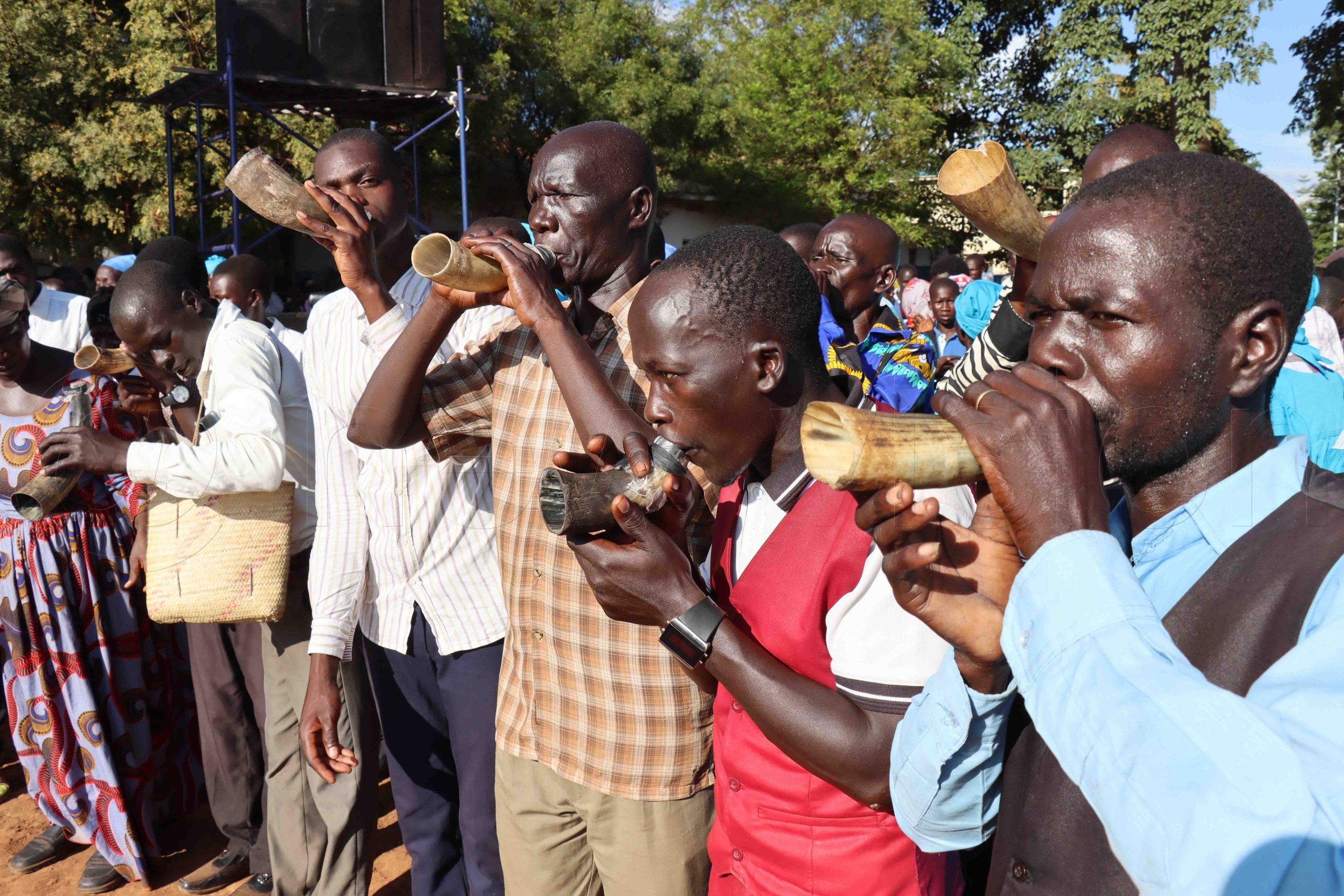Some pastors in the Pentecostal Church are facing allegations of manipulating their followers and spreading false teachings. These pastors, often associated with fiery sermons, are accused of using fake miracles to control their congregations. Authorities argue that unregulated religious practices can lead to fanaticism and potential criminal activities.
Recent conflicts between pastors Robert Kayanja of Miracle Centre Cathedral, Rubaga, and Jackson Ssenyonga of Christian Life Church, Bwaise, have fueled calls for church regulation. Allegations ranging from debauchery to serious sexual offenses have been exchanged publicly between the two pastors, prompting concerns about the need for oversight.
In response to accusations, Pastor Kayanja has questioned the motives behind Pastor Ssenyonga’s repeated press conferences and highlighted the legal processes in place to address grievances. He has also accused his rival of orchestrating a smear campaign against him, involving hired individuals and baseless accusations.
The feud has even involved family members, with Pastor Kayanja’s son issuing a stern warning against dragging his mother into the conflict. Meanwhile, Pastor Ssenyonga has defended his actions, claiming to seek justice and uphold the integrity of the church.
Pastor Ssenyonga has alleged that his efforts to cleanse the Pentecostal Church of wrongdoing have been met with resistance, with rivals attempting to undermine his authority. The growth of Pentecostalism in Uganda has led to increased competition among pastors for influence and followers.
Conflicts within Pentecostal churches can be traced back to the 1980s, with power struggles emerging after the death of influential pastors. Succession disputes and claims of miraculous powers inheritance have fueled divisions within the church, leading to the formation of rival factions.
The close relationship between some Pentecostal leaders and the government has also raised concerns about the church’s independence and neutrality. Pastors have been accused of aligning with political figures in exchange for favors and protection, further complicating the church-state dynamic.
While traditional churches have often challenged government policies and actions, Pentecostal leaders have been more inclined to offer support and prophecies in favor of the ruling party. This proximity to power has led to skepticism about the church’s role in advocating for social justice and accountability.




















